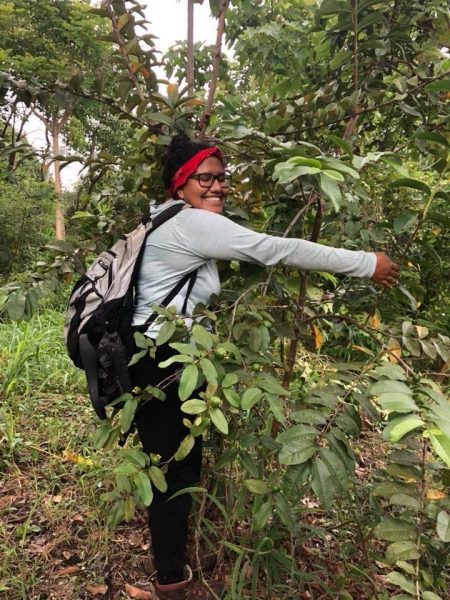This project brings Native gardeners from the Midwest working to revitalize Indigenous practices together with scholars working to support those practices through their research. Our work explores the cultural and agronomic underpinnings of the Native American practice of intercropping corn, beans, and squash–colloquially called the Three Sisters–and sometimes sunflowers, making the fourth sister. Because historically Native American communities have had limited access to healthy, fresh foods, Native growers have established community gardens to incorporate culturally-appropriate Indigenous growing practices, including the Three or Four Sisters, to build community and improve health. But these gardeners could use more support. This project works to build a collaboration with the purpose of sharing research to benefit Indigenous food sovereignty work done by Native gardeners.
The group partners Native gardeners from the Nebraska Indian College, serving Santee Sioux, Omaha, and Sioux City, Dream of Wild Health, serving the Twin Cities Native community, the Oneida nation, and the Menominee nation with researchers from Iowa State University in Native American studies, nutrition, horticulture, and agronomy. We have an advisory board made up of Native gardeners who help guide the research project. We have Three or Four Sisters research plots at ISU and in communities. We are working collaboratively to design workshops that meet the needs of Native growers. And we are working to rematriate seeds from the Ames Plant Introduction Station and Seed Savers Exchange back to Native nations looking to welcome their seed relatives home.

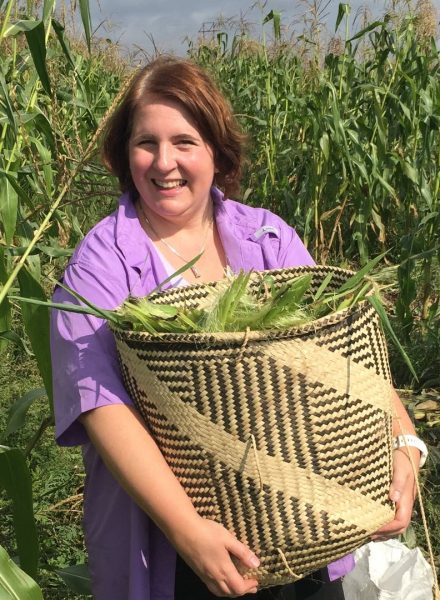
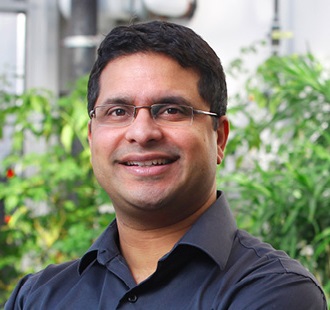 Ajay Nair
Ajay Nair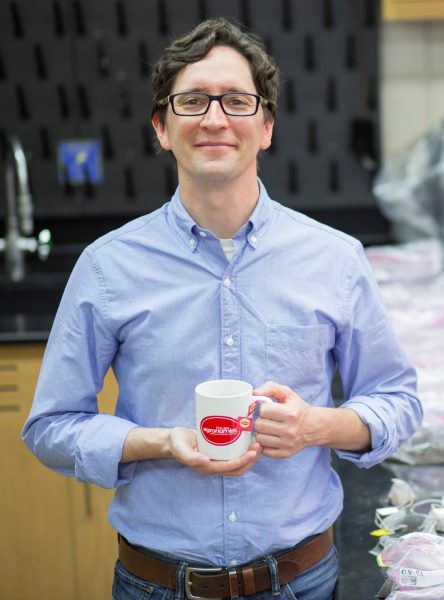
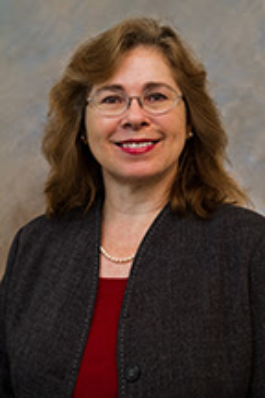
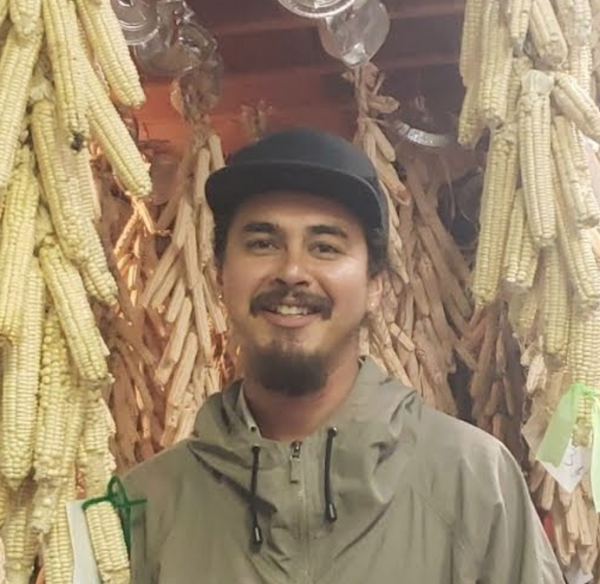 Derrick Kapayou
Derrick Kapayou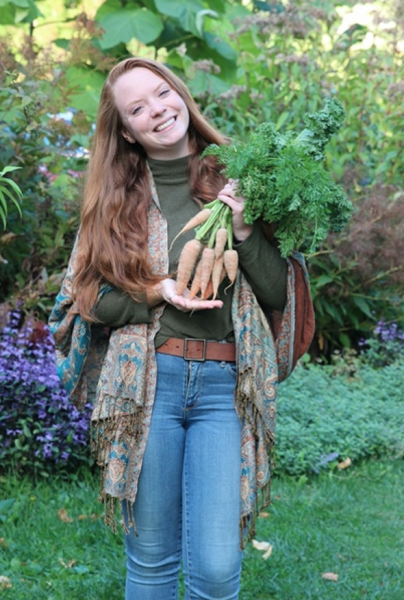 Emma Herrighty
Emma Herrighty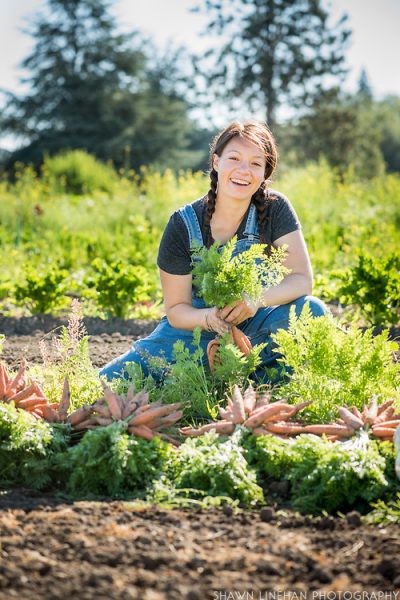
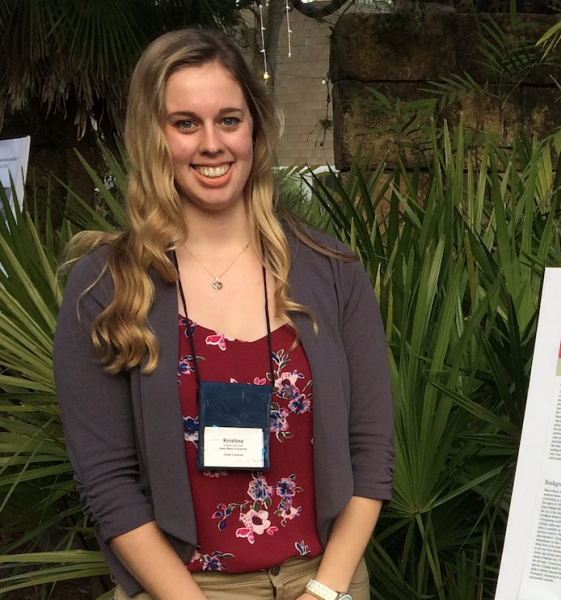 Kristine Micheletti
Kristine Micheletti